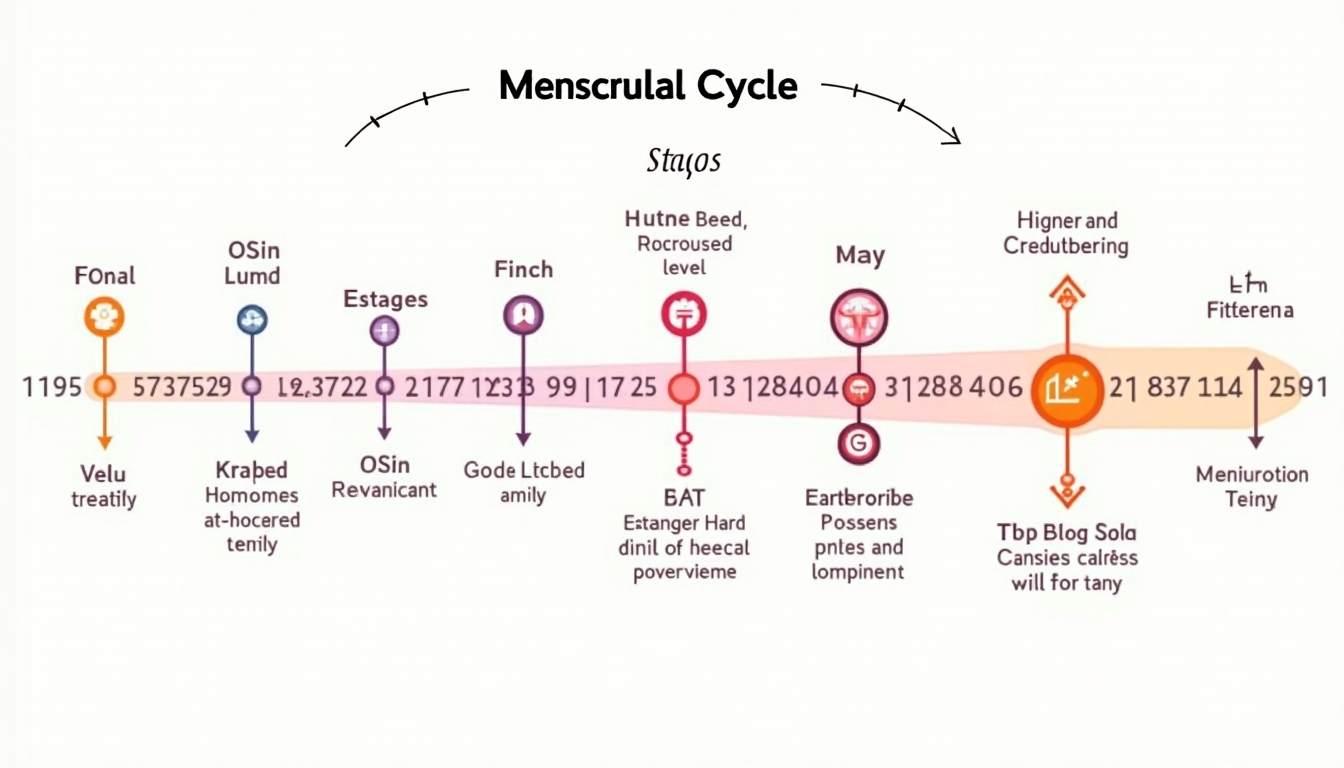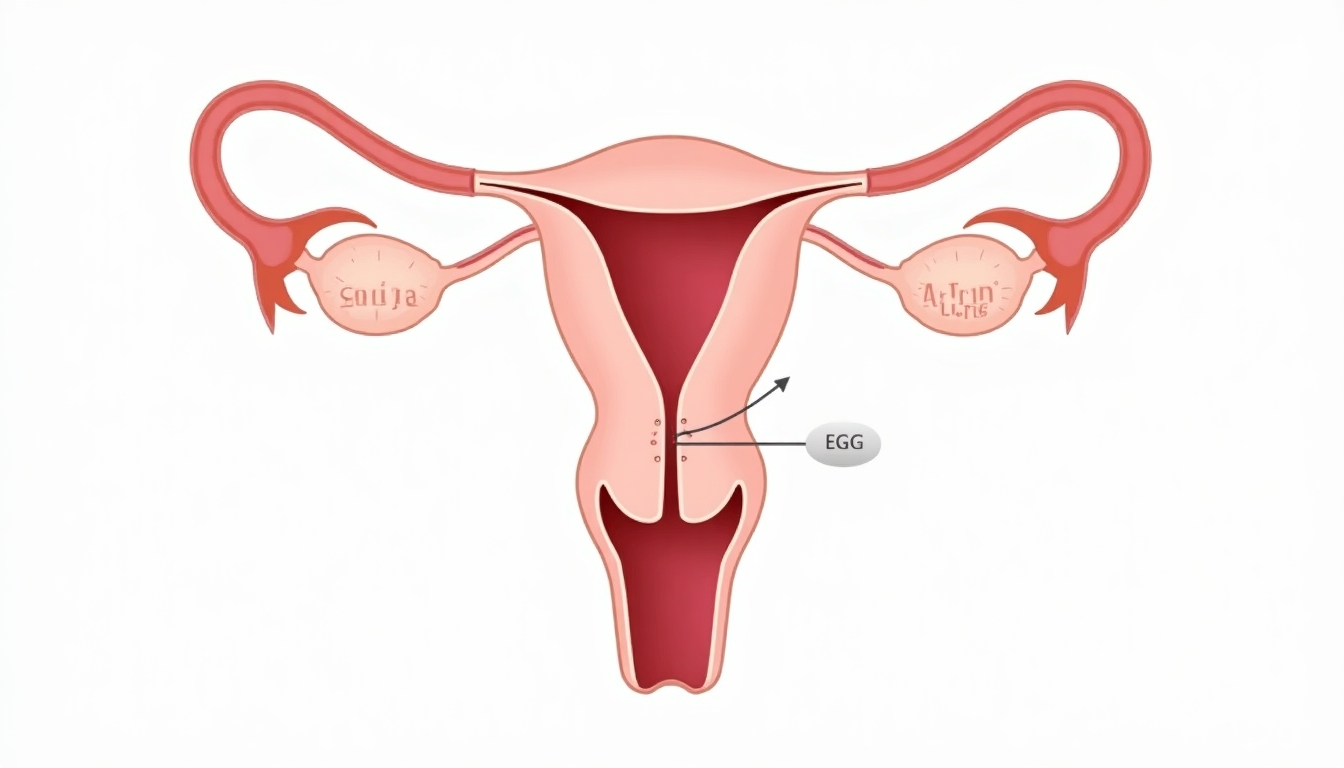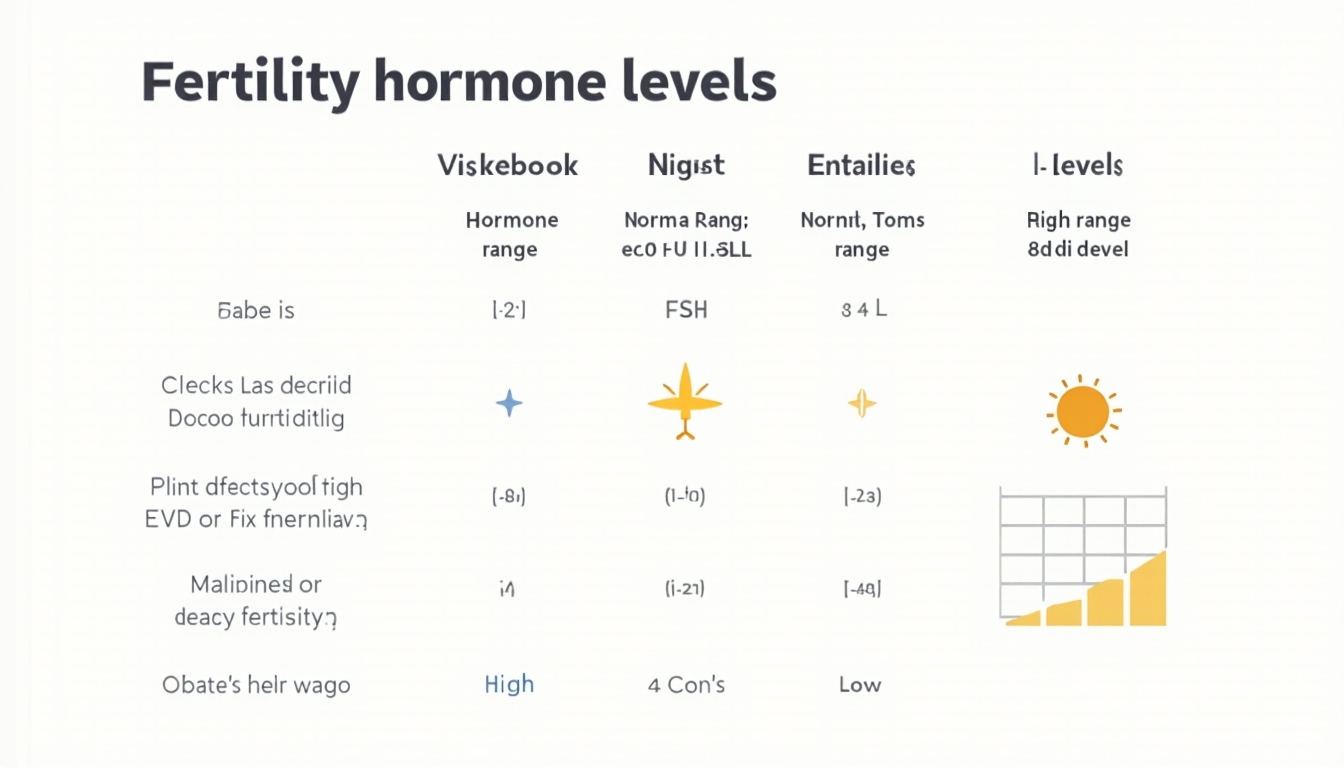Understanding Fertility Hormones and Their Functions
March 3, 2025, 5:08 p.m.
Overview
Fertility hormones are the unsung heroes of reproductive health, driving processes like ovulation and sperm production. Understanding fertility hormones and their functions can help you navigate your fertility journey with confidence. This article dives deep into these hormones, their roles, and how they shape your chances of conceiving.

What Are Fertility Hormones?
Fertility hormones are chemical signals that keep your reproductive system running smoothly. They’re produced by glands like the pituitary, ovaries, and testes, and they work together to make conception possible. Here’s a quick look at the key players:
- Follicle-Stimulating Hormone (FSH): Sparks egg growth in women and sperm production in men.
- Luteinizing Hormone (LH): Releases the egg during ovulation and boosts testosterone in men.
- Estrogen: Builds the uterine lining and regulates the menstrual cycle.
- Progesterone: Prepares the uterus for pregnancy and supports it if conception occurs.
- Testosterone: Fuels sperm production and male reproductive health.
When these hormones are in sync, fertility thrives. But when they’re off balance, infertility can creep in.
How Fertility Hormones Work in Women
In women, fertility hormones drive the menstrual cycle—a roughly 28-day process that prepares the body for pregnancy. Here’s how it unfolds:
- Follicular Phase (Days 1-14): FSH kicks things off by helping ovarian follicles grow. Each follicle houses an egg. As they develop, estrogen rises, thickening the uterine lining.
- Ovulation (Day 14): A spike in LH releases the mature egg from the ovary—your best shot at conception.
- Luteal Phase (Days 15-28): The empty follicle becomes the corpus luteum, pumping out progesterone to maintain the uterine lining. If no pregnancy happens, levels drop, and menstruation starts.
Tracking this cycle can pinpoint fertile days and reveal issues if conception doesn’t happen.

Fertility Hormones in Men
Men rely on fertility hormones too, though their role is simpler:
- FSH: Gets sperm production going in the testes.
- LH: Signals the testes to produce testosterone.
- Testosterone: Keeps sperm healthy and supports male reproductive tissues.
Low levels of any of these can lead to infertility, like reduced sperm count or poor sperm movement. It’s a reminder that fertility isn’t just a women’s issue—men’s hormones matter too.
Hormonal Imbalances and Infertility
When fertility hormones misfire, infertility often follows. Here are some common culprits:
- Polycystic Ovary Syndrome (PCOS): Too many male hormones throw off ovulation.
- Low Thyroid Levels: Slows down reproductive processes in both men and women.
- High Prolactin: Disrupts ovulation and sperm production.
These imbalances can feel discouraging, but they’re often treatable with the right care.

Fertility Drugs: A Helping Hand
For those facing infertility, fertility drugs can step in to balance hormones and boost reproduction. Popular options include:
- Clomiphene (Clomid): Tricks the body into producing more FSH and LH to trigger ovulation.
- Gonadotropins: Shots that directly stimulate egg or sperm production.
- Letrozole: Reduces estrogen to encourage ovulation, especially for PCOS.
These drugs can work wonders, but they’re not one-size-fits-all. A doctor’s guidance is key to avoid risks like twins or overstimulation.
A Personal Story About Infertility
I’ve watched a close friend wrestle with infertility due to PCOS. Her cycles were all over the place, and she felt lost. After seeing a specialist, she tried Clomid. It wasn’t instant, but after a few months, she got pregnant. Seeing her joy taught me how powerful understanding fertility hormones and their functions can be—it gave her hope and a plan.

Supporting Your Hormones Naturally
You don’t always need drugs to help your fertility hormones. Try these steps:
- Stay at a Healthy Weight: Too much or too little fat can mess with estrogen and testosterone.
- Eat Smart: Load up on fish, veggies, and nuts for hormone-friendly nutrients.
- Cut Stress: High stress spikes cortisol, which can throw off reproductive hormones.
- Move More: Regular walks or yoga can keep things balanced—just don’t overdo it.
Small changes like these can make a big difference over time.
Signs You Should See a Specialist
Struggling to conceive? Don’t wait too long to get help. If you’re under 35 and have tried for a year—or over 35 and tried for six months—see a fertility expert. They might run:
- Blood Tests: Check levels of FSH, LH, and more.
- Ultrasound: Look at your ovaries or uterus.
- Semen Analysis: Test sperm health in men.
Early action can uncover hormone issues and get you on track faster.

Wrapping It Up
Fertility hormones are the backbone of your reproductive health, guiding conception and pregnancy. Understanding fertility hormones and their functions gives you power—whether you’re tweaking your lifestyle or exploring fertility drugs. Infertility can feel isolating, but with knowledge and support, you’re not alone on this journey.